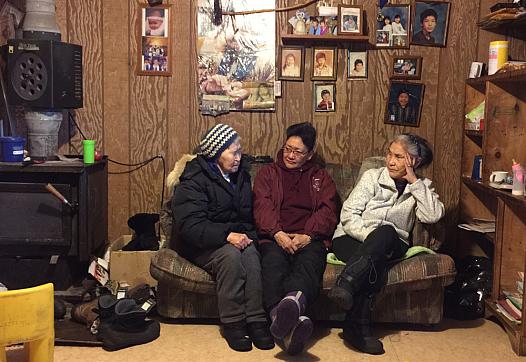
During my fellowship project, I chose to focus on the impact of historical trauma and unresolved grief on the lives of Native peoples and ways that they are healing from the trauma and building resiliency. Here's what I learned along the way.

During my fellowship project, I chose to focus on the impact of historical trauma and unresolved grief on the lives of Native peoples and ways that they are healing from the trauma and building resiliency. Here's what I learned along the way.

A study published in JAMA Pediatrics this week found that black children with appendicitis are less likely to receive any pain meds for moderate pain — and less likely to receive opioid painkillers for severe pain — compared to their white peers. How can this be happening?
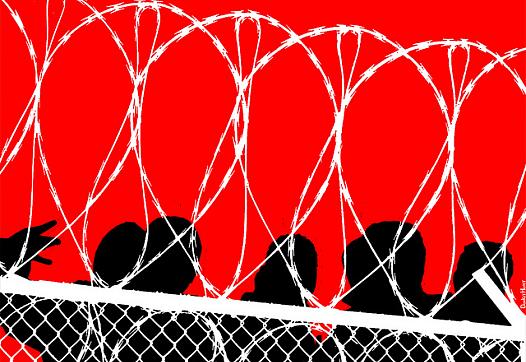
Decades ago we made our criminal justice policies tougher, but in a way that turned out to be neither just nor equitable. As the prison population has soared, we've come to realize our justice system is also terrible for your health. And the forces driving lockups and bad health are often the same.
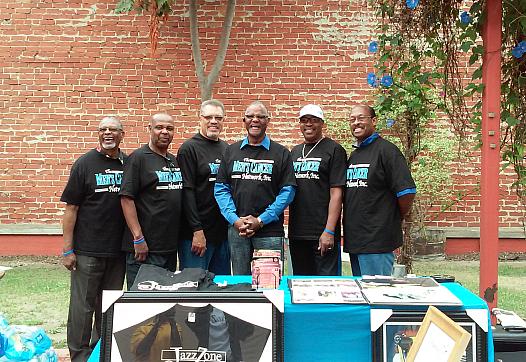
Prostate cancer survivor Freddie Muse talks to men at church, at barbershops, everywhere he goes. This, researchers say, is the best way to reduce the disparity among cancer screening and survival rates.

Rhode Island’s Department of Children, Youth, and Families is struggling to cope with an influx of neglect and abuse cases and has run into financial trouble. Reporter Kristin Gourlay explores how a national "home visiting" program aims to keep families from entering the system in the first place.
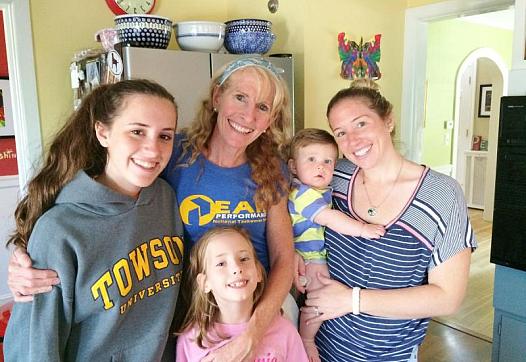
Rhode Island doesn’t have enough foster families to meet a growing need. That’s one reason the state's child welfare agency places a higher percentage of kids in group homes than almost any other state. Officials acknowledge the problem, but recruiting new foster families has been tough.
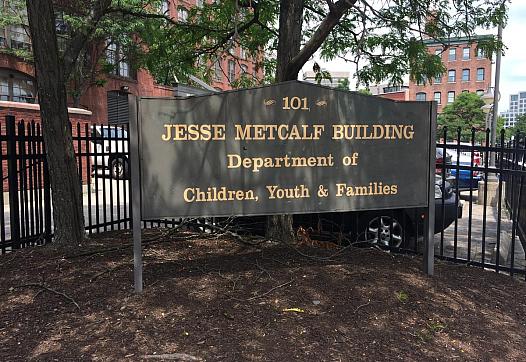
Rhode Island’s child welfare system is under the microscope. Gov. Gina Raimondo has called for a complete overhaul, saying the Department of Children, Youth, and Families has not only been mismanaged, but has failed the children and families it’s supposed to serve.
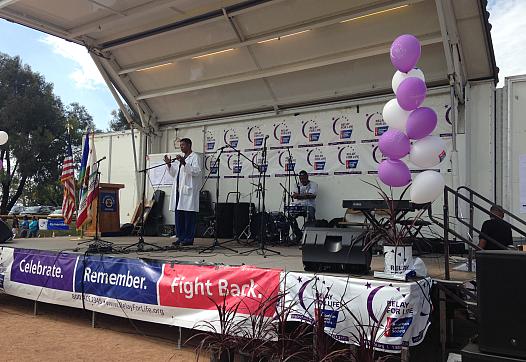
Colorectal cancer is preventable. But the invasive test that’s required for early detection often scares people. Researchers say a much higher percentage of African-Americans, compared with other groups, don’t sign up for the procedure. The consequences can be fatal.
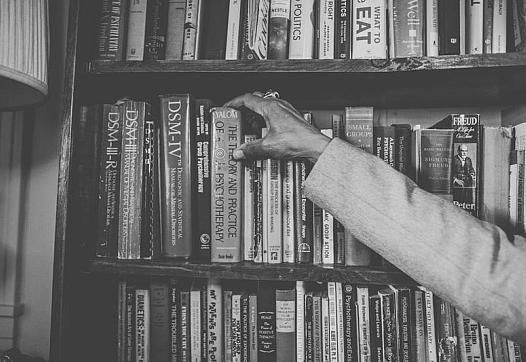
The National Association of Black Social Workers has found that African-Americans experience better treatment results when paired with clinicians of similar race and background. There’s a strong need for black clinicians, but there aren’t always enough available.
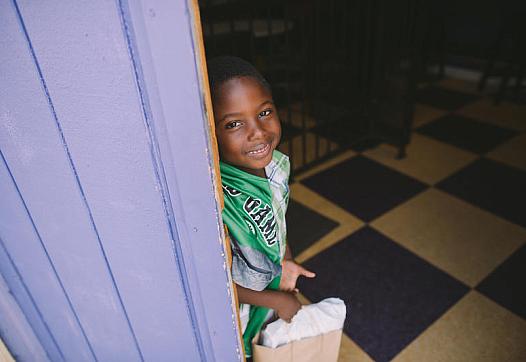
Even though African-Americans are more likely to report major depression, only around 7 percent actually sought treatment, according to a 2011 CDC report. That’s compared to 13.6 percent of the general population. Leila Day of San Francisco's KALW tells the stories behind the numbers.